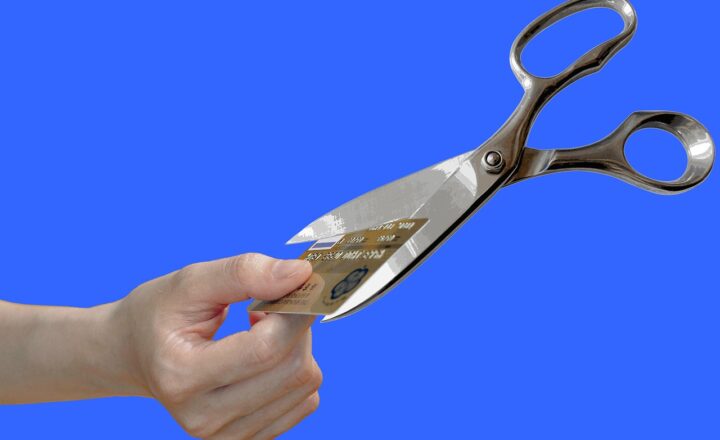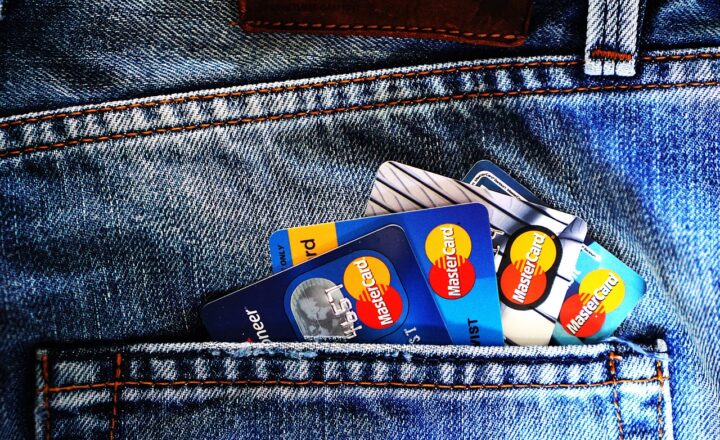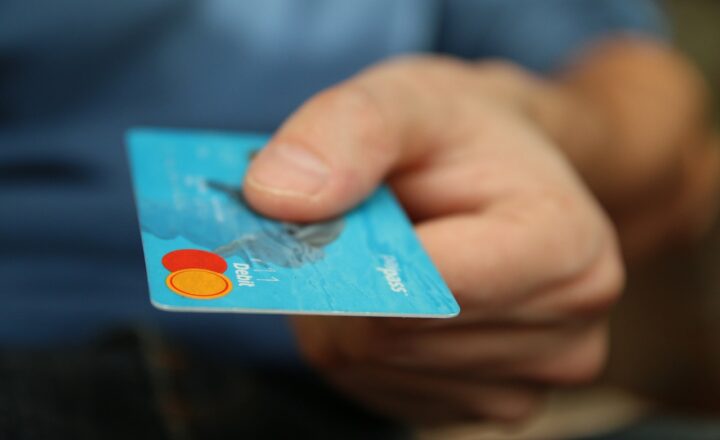
Building good credit is often essential for various life milestones such as buying a home, securing a favorable car loan, or getting a low-interest credit card. Many people believe that in order to establish a solid credit history, they must incur debt; however, this is not necessarily the case. In this article, we will discuss effective strategies to build good credit without the need to dive into debt.
1. Understand What Credit Is and What Affects It
First, it’s essential to understand what credit is. Credit refers to the ability to borrow money or access goods or services with the understanding that you’ll pay later. It’s measured by your credit score, which is influenced by several factors, including:
- Payment History (35%): Always pay on time to maintain a positive impact on your score.
- Credit Utilization (30%): The amount of credit you’re using compared to your limits. Keeping this ratio below 30% is advisable.
- Length of Credit History (15%): The longer your credit history, the better it is for your score.
- Types of Credit Used (10%): A mix of credit types (credit cards, loans, etc.) can be beneficial for your score.
- New Credit (10%): Opening too many new accounts in a short time can lower your score.
Knowing how these factors work is vital for building credit wisely.
2. Consider a Secured Credit Card
A secured credit card is an excellent tool for those looking to build credit without incurring significant debt. These cards require a cash deposit which typically acts as your credit limit. Here’s how to utilize a secured credit card effectively:
- Make Small Purchases: Use the card for small, manageable purchases that you can afford to pay off immediately.
- Pay in Full Each Month: Always pay your balance in full before the due date to avoid interest and debt accumulation.
- Upgrade to an Unsecured Card: After a few months of responsible use, ask your provider if you’re eligible for an unsecured credit card and return your deposit.
Secured credit cards not only help build credit but also enable you to learn responsible credit management practices without significant financial risk.
3. Become an Authorized User
Becoming an authorized user on a family member’s or close friend’s credit card account is another simple way to build credit. Here are some tips to do this effectively:
- Choose Wisely: Ensure the primary cardholder has a good payment history and low credit utilization to positively impact your score.
- Monitor Your Usage: Use the card minimally, if at all, and work to ensure that the primary user doesn’t miss payments to avoid potential negative impacts on your score.
- Discuss Behavior: Talk with the primary cardholder about how you both want to use the card to avoid confusion or mishaps.
This method allows you to benefit from someone else’s positive credit behavior, which can help establish your own credit history.
4. Use a Credit-builder Loan
A credit-builder loan is designed specifically to help individuals establish or improve their credit profiles. Here’s how it works:
- Low Risk: The loan amount is held in an account while you make monthly payments, after which the funds are released to you. This limits your risk of falling into debt, as the money isn’t available until the loan is paid off.
- Build Payment History: Your on-time payments are reported to credit bureaus, helping to improve your score over time.
- Choose a Suitable Amount: Opt for a loan amount that is manageable based on your budget, and ensure you can afford the monthly payments without straining your finances.
Credit-builder loans are typically offered by credit unions, community banks, and online lenders, making them accessible options for many individuals.
5. Regularly Check Your Credit Report
Monitoring your credit report is crucial for understanding your credit standing and ensuring accuracy. Follow these steps:
- Access Free Reports: You can get one free credit report annually from each of the three major credit bureaus: Equifax, Experian, and TransUnion. Use AnnualCreditReport.com to access these reports.
- Review for Errors: Look for any inaccuracies or fraudulent accounts that could adversely affect your credit score, and dispute any errors with the appropriate bureau.
- Track Your Progress: Regularly checking your credit report helps you see how your actions impact your score and encourages responsible credit behavior.
Being proactive about your credit report can safeguard your financial future and prevent damage from errors or identity theft.
6. Utilize Alternative Credit Scoring Models
Alternative credit scoring models, such as FICO Score XD and Experian Boost, allow you to build credit using non-traditional data like utility and phone bill payments. Here’s how:
- Enroll in Services: Register for these services to have your recurring bill payments considered when calculating your credit score.
- Leverage Existing Payment History: If you’ve been paying your bills on time, these models can help you establish a good credit history without traditional credit accounts.
- Stay Informed: Regularly check your scores provided by these alternative scoring models to understand their impact on your overall credit health.
Incorporating these alternative methods not only helps build credit but can also be a strategic advantage in situations where traditional credit history is lacking.
Conclusion
Building good credit doesn’t have to mean accumulating debt. By understanding credit, utilizing secured cards, becoming an authorized user, taking advantage of credit-builder loans, monitoring your reports, and leveraging alternative scoring methods, you can build a robust credit history responsibly. Start taking actionable steps today to set yourself up for a financially sound future where good credit paves the way to your dreams.








